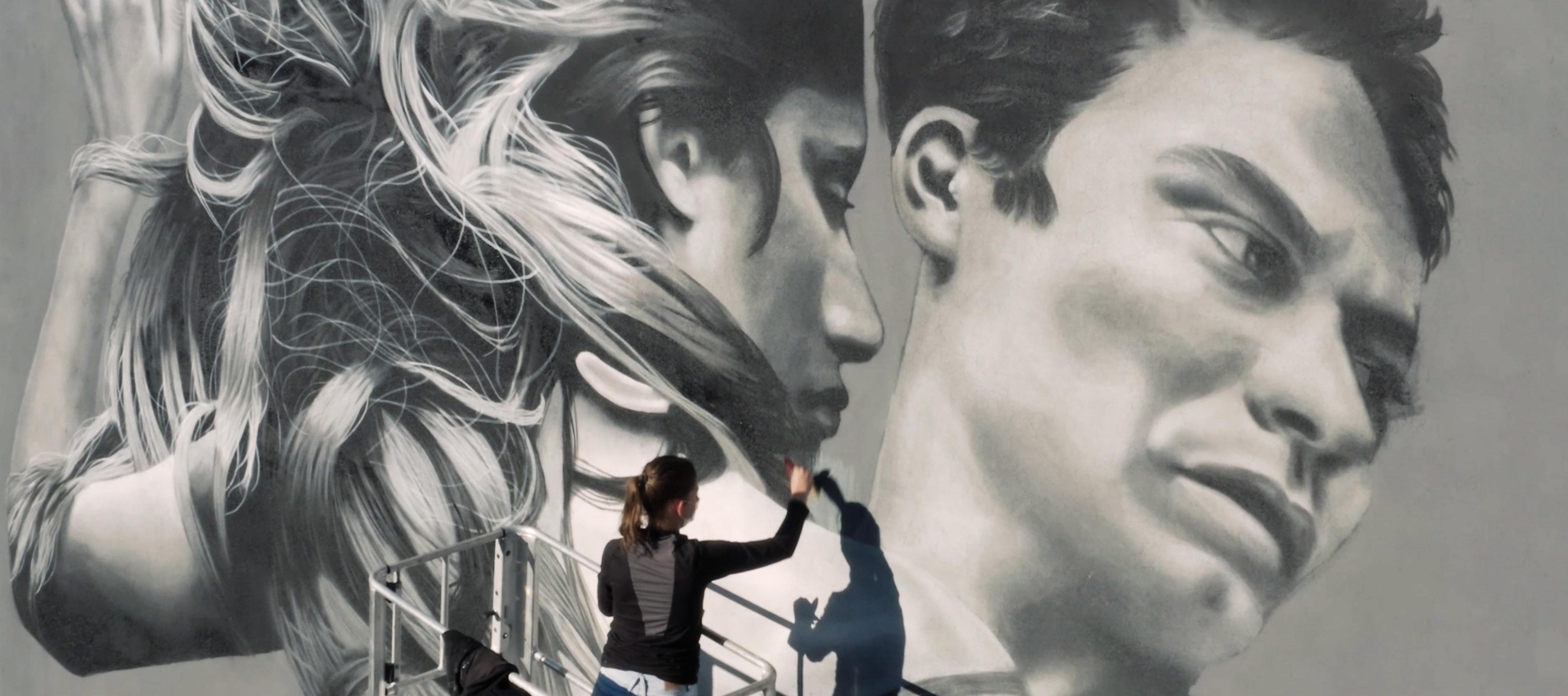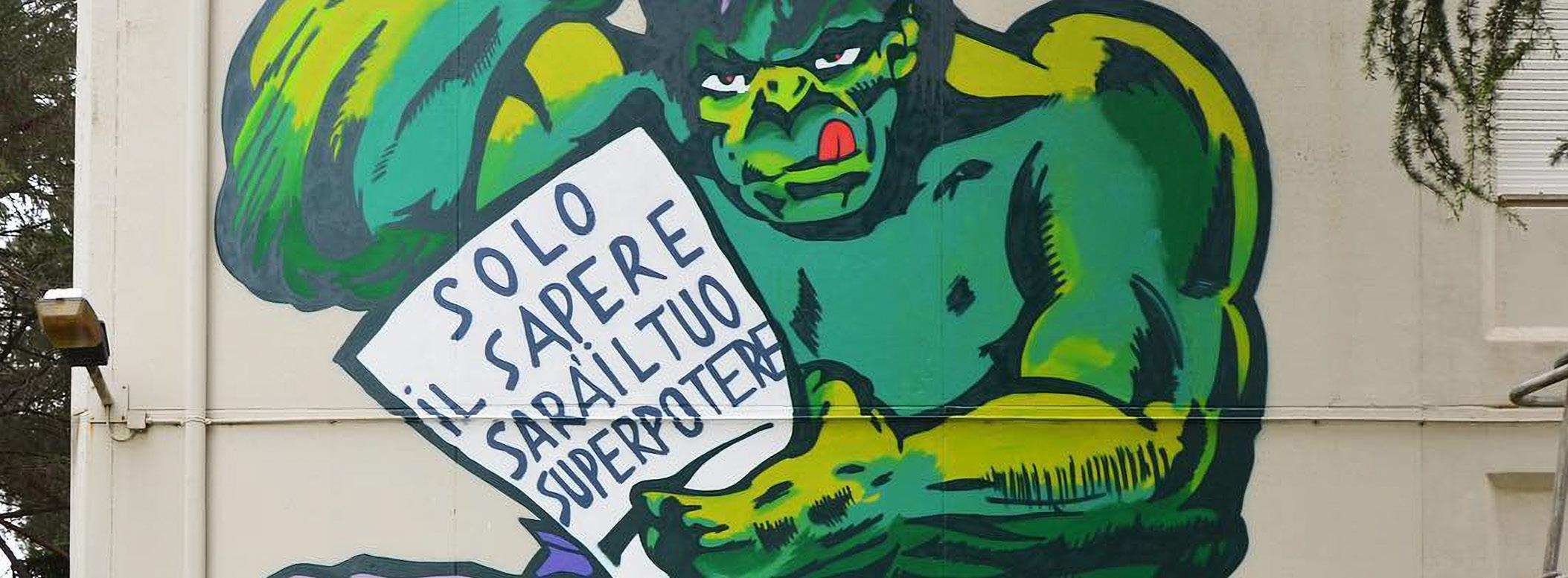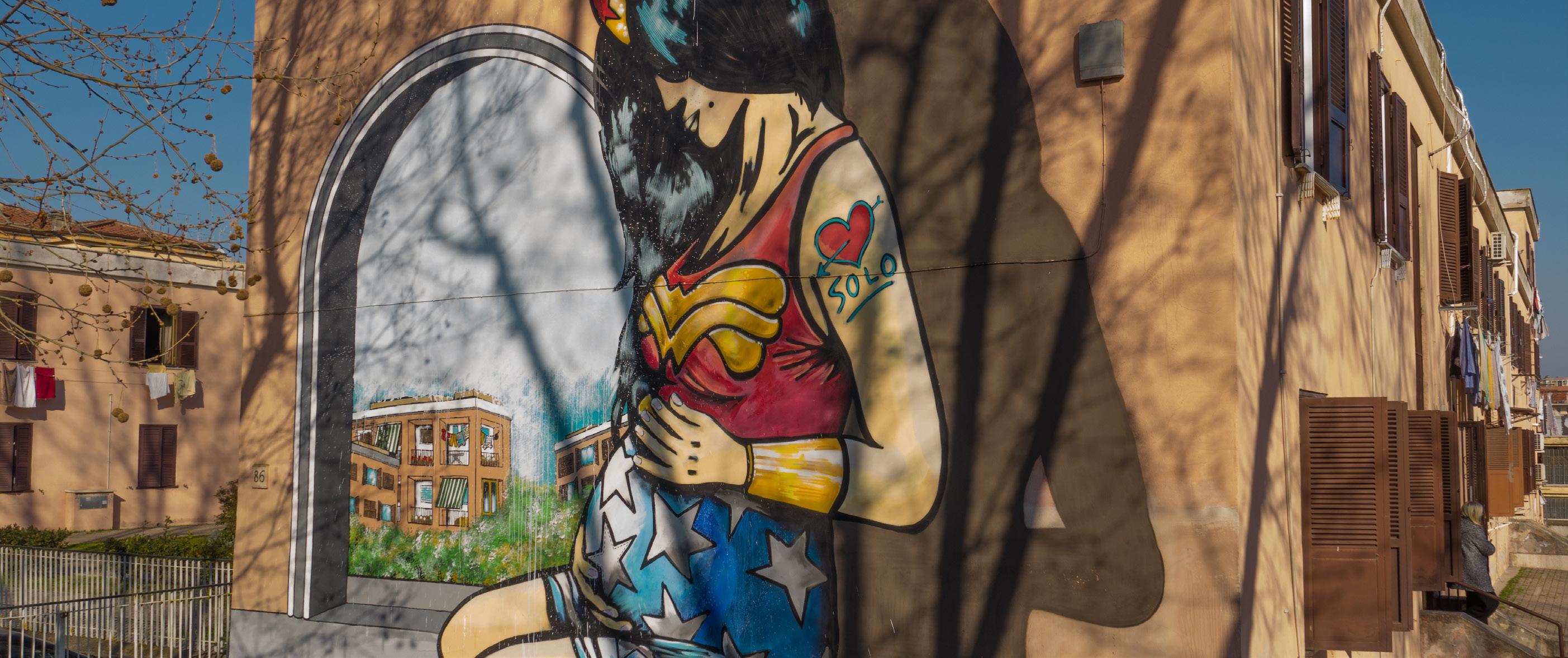33
Art and Politics
Art and Politics
Gender and Democracy IRENE FELLIN Senior Fellow, Istituto Affari Internazionali
The under representation of women in public life and politics remains among the main challenges of democratic societies, undermining the legitimacy of contemporary democratic ideals. Most parliaments remain male-dominated, with a global average of 25 per cent women members. Yet there is established and growing evidence that women’s leadership improves political decision-making processes: women work more across party lines through parliamentary women’s caucuses and they champion issues of gender equality, such as the elimination of gender-based violence, parental leave and childcare, education, pensions, gender-equality laws and electoral reform. Female leaders have a tendency to take care of the entire population – and not only of half of society – promoting inclusive policies and trying to fix the root causes of social inequalities. During the first wave of the COVID-19 pandemic, female Heads of Government established themselves as role models in keeping the pandemic under control. In fact, an analysis of 194 countries revealed that infection and fatality rates in the first three months of the pandemic were generally lower in countries with female leaders. At the same time, in many countries, including Italy, the response to COVID-19 was completely gender blind, and women were excluded from all task forces established for managing the pandemic, resulting in the emergence of a civil society movement, called #giveusavoice (#datecivoce) in support of an equal representation of men and women in all decision-making bodies. Considering that the pandemic is deepening pre-existing inequalities, exposing vulnerabilities in social, political and economic systems, the call for an equal representation of women in politics is more urgent than ever.
Demanding a voice, women are reclaiming a public space where their invisibility can leave room for recognition and respect. Women want to be recognised as individuals and agents of change, and they are claiming an opportunity to challenge economic, cultural and social discrimination affecting them more than men. The need for women to be represented and find a space where they are no longer invisible finds its expression in the art of Alice Pasquini as well. Alice decided to use her images to portray ordinary women, distant from the stereotyped masculine imaginary of sexy or maternal women. She enters the
real world, where women are normal people and live among us, but are often invisible. Through the artist’s eyes they become visible. By signing her art production with her real name, in a context where street artists’ identities are mostly unknown, Alice makes a political declaration. Not only does she use a social space to give voice to the less visible within our societies – immigrant women, often fighting for the rights of their communities, land property, climate change, food security – but she also wants everybody to know that the artist is a woman. A woman who is now speaking.
34










